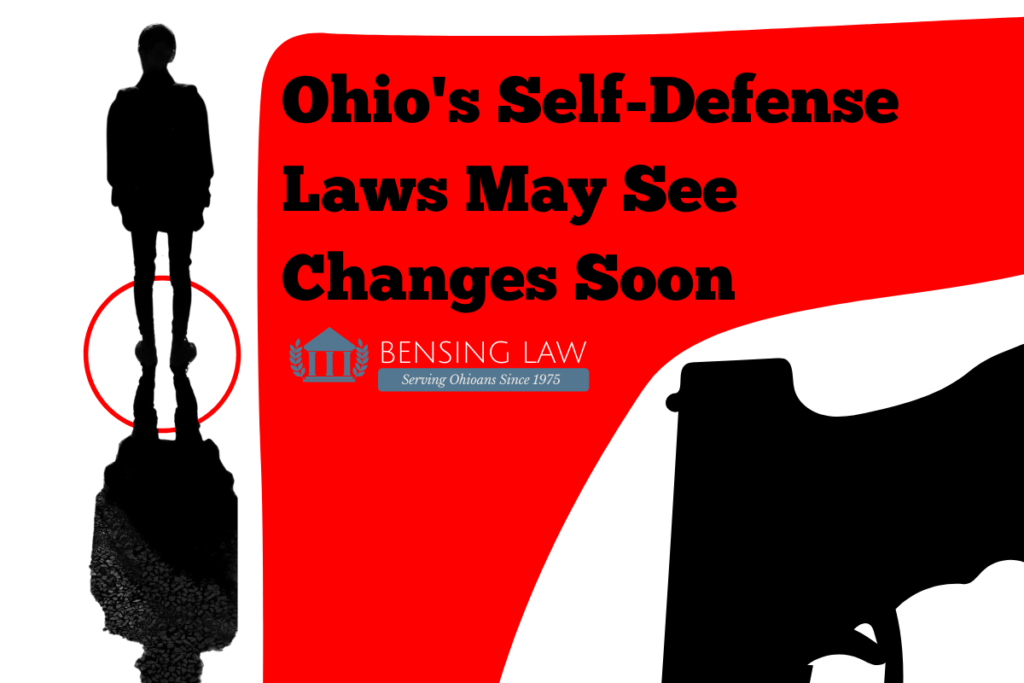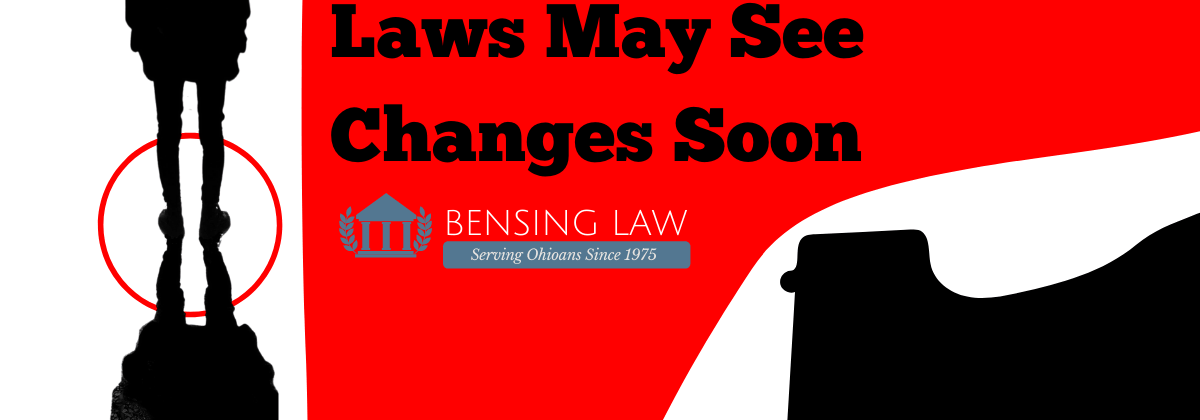
Ohio is the only State in the Union which imposes upon the defendant the burden of self-defense. Say what you will about the National Rifle Association — and what I’ll say is that they’ve taken on some of the trappings of a cult — they’re damned effective at protecting the rights of gun owners, and they’re seeking to accomplish what the criminal defense bar has been unable to: bringing Ohio self-defense law into accord with the rest of the country.
How the NRA is Trying to Change Ohio Self-Defense Law
There are two bills pending in the legislature, SB 180 and HB 228. They’re very similar, but there are differences; for example, the latter begins with a paean to the right of citizens to defend themselves, and quickly proceeds to abolish every local regulation of firearms. Unnecessarily so; a statute passed back in 2006, and affirmed by the Ohio Supreme Court, does that.
But the meat is the amendment to RC 2901.05. That’s one of Ohio’s two Castle doctrines (we’ll get to the other one in a minutes), and up to this point they simply provided that someone who used deadly force against an intruder in their home or vehicle was presumed to have acted in self-defense.
Ohio’s Castle Doctrines: Self-Defense & the Duty to Retreat
This goes well beyond that. Basically, the amendment provides that if a factfinder could rationally find, “when viewed in the light most favorable to the accused,” that the defendant acted in self-defense, the prosecution has to prove beyond a reasonable doubt that he didn’t. The presumption for a home or car is retained, but the new statute specifically provides that even if the prosecution overcomes the presumption, the State still retains the burden of disproving self-defense beyond a reasonable doubt.
That’s a big change. Who bears the burden of proof is often outcome-determinative. The defendant’s burden of proving a preponderance of the evidence that he was in fear of death or great bodily harm now becomes the State’s burden of proving beyond a reasonable doubt that he wasn’t.
But there’s also a change to RC 2901.09 which could be even more significant. That statute is the other Castle doctrine, and simply provides that one has no duty to retreat before using deadly force in his residence or vehicle. No more: the statute provides that a person has no duty to retreat before using force in self-defense if “that person is in a place where the person lawfully has a right to be.”
In other words, Ohio will be adopting the “stand your ground” law that’s given us George Zimmerman and Trayvon Martin.
Duty to Retreat in Ohio
The duty to retreat before using deadly force was part of the common law of England, but it was dropped by most American states in the 1800’s; according to one commentator, “the transformation represented judges’ recognition of ‘the American mind’ as unsuited to the English tradition of retreating from violence.” Unsurprisingly, this became known as the “true man” doctrine. It faded in the 1900’s, only to be revived by the NRA in this century.
The motivation behind it is the belief that hundreds or thousands of persons exercising their God-given right to defend themselves have been wrongfully convicted because they chose to … well, stand their ground, rather than run off like a sissy. A similar motivation was behind the presumption of self-defense in the home.
Whether any of this is true is open to question. As I mentioned when discussing the adoption of the presumption in 2901.05, “it’s not as though the nightly news regularly bombards us with scenes of homeowners being perp-walked out of their houses for shooting a burglar.” (By the way, that post is one of my favorites. If a lede like “If you needed to know a single fact to give you insight into the American character, it is that John Wayne was still the most popular actor in this country twenty years after his death” can’t get you to read the post, I don’t know what will.)
Stand Your Ground Laws in Ohio
Same thing for “stand your ground” laws. Nobody’s faulted for failing to retreat if the adversary is armed with a gun; it’s hard to run away from a bullet. So it seems that an unfortunate number of cases where the law comes into play involve the slayer shooting someone who’s unarmed. Like this recent one, which began with an argument over someone parking in a handicapped spot:
What makes the case interesting is that the shooter, Drejka, wasn’t even charged initially; the sheriff refused to do so, until the attorney general obtained an indictment charging Drejka with manslaughter. There are statswhich shows that such laws lead to an increase in homicides, and that there’s a racial angle to it: white people who shoot blacks are much more likely to find protection in the law that blacks who shoot whites.
The legislation stalled because of a threat of veto by Governor Kasich. Make that ex-governor; Mike DeWine got elected to take over from term-limited Kasich on Tuesday, and there’s little question that he’ll sign the legislation in a heartbeat.
I’m sorry, but I think that claiming self-defense for shooting someone who’s six feet away from you and backing away farther is what we defense lawyers would call a tough sell. But whatever we’re selling will be a lot easier to buy if the legislation is passed.


